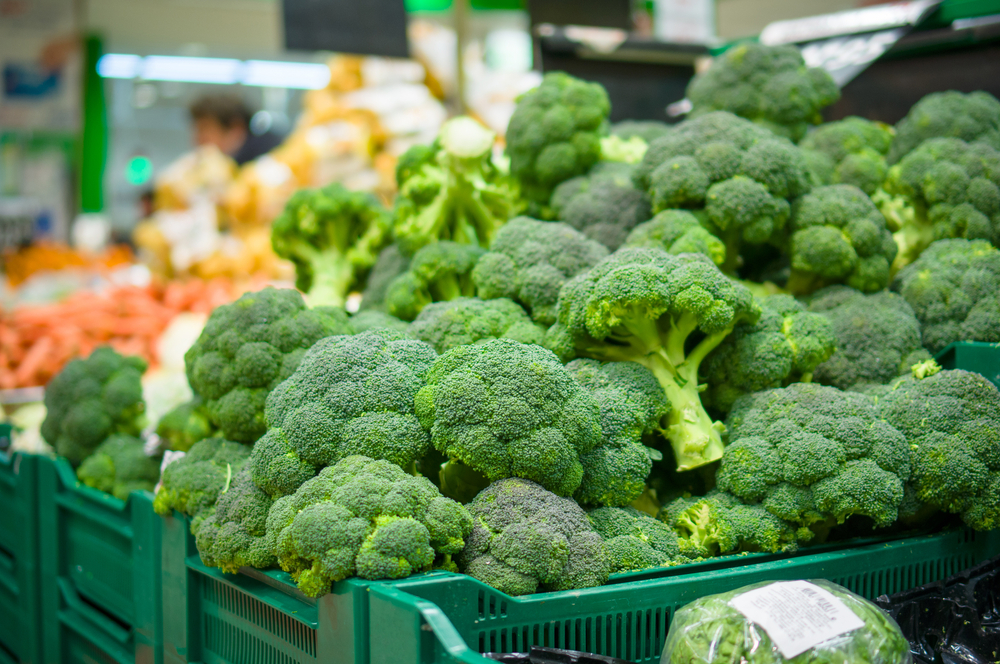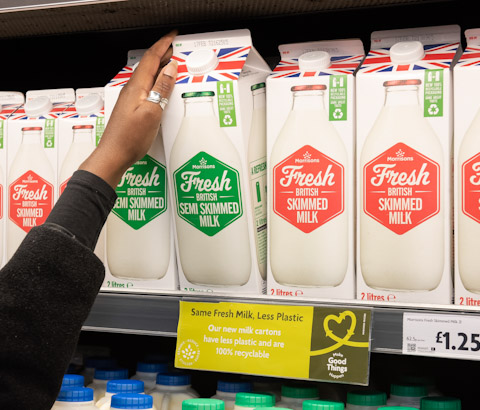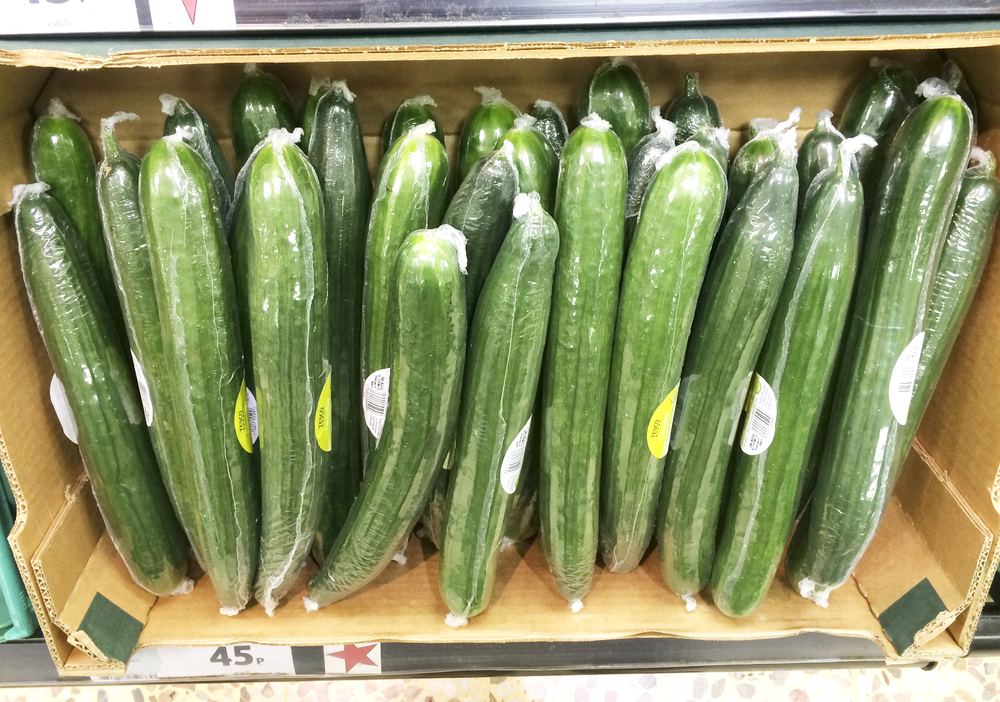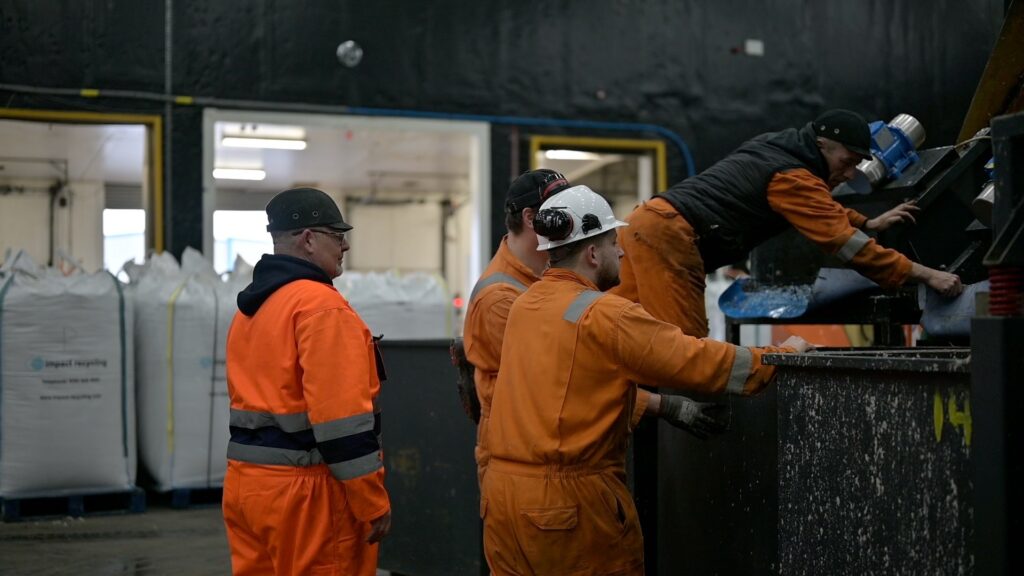Yesterday (24 February), WRAP published research purporting to show that selling fruit and vegetables loose had “huge potential” to reduce food waste and cut carbon emissions (see letsrecycle.com story).
However, the BPF says it is “important to understand” that the study’s focus was solely on a small number of fresh food items and their lifespan within the home.
The trade association says many fresh products travel “hundreds if not thousands of miles” on their journey from farm to fork, so a form of packaging is required to protect and preserve them.
Plastic packaging “excels” at this, the BPF says, due to being lightweight and strong and providing a moisture barrier which extends a product’s overall lifespan.
The BPF “respectfully suggests” that WRAP’s calculations should account for a product’s entire journey.
The trade association says food waste still occurs instore and during a product’s journey along the wider supply chain.
And, the BPF adds that plastic packaging provides an “extra degree of hygiene” and a way to trace a product’s origin.
Food waste
WRAP found that selling five “commonly wasted items” – apples, bananas, broccoli, cucumbers, and potatoes – loose and removing Best Before dates could result in a combined saving of around 100,000 tonnes of household food waste, more than 10,300 tonnes of plastic, and 130,000 tonnes of CO2e.

WRAP produced three recommendations for retailers as a result of the research, which are: sell loose; remove date labels; and encourage customers to refrigerate fresh produce below 5°C at home.
In a statement, the BPF said: “Although we disagree with elements of this study, we remain committed to working with WRAP to ensure the best possible outcome for the environment but urge people to remember that, despite what the report suggests, plastic packaging still plays a key role in reducing food waste and carbon emissions.”
Dispute
The dispute comes after some in the plastics industry this week slammed supermarket chain Morrisons for its ‘headline-grabbing’ move to switch its own brand milk from plastic to paper packaging (see letsrecycle.com story).

The retailer said its Tetra Pak packaging would feature a ‘Carbon Neutral’ label accredited by the Carbon Trust, intended to recognise the CO2 reduction of the move and certify its cradle-to-grave carbon footprint.
However, the credentials of the move were slammed by plastics charity RECOUP and several other recyclers (see letsrecycle.com story).
Plastics
Established in 1933, the BPF has more than 450 member companies spanning the entire plastics supply chain.
These companies include plastics recyclers, polymer suppliers and distributors, additive suppliers, service providers, plastics processors, packaging manufacturers, equipment suppliers and more.
The BPF says it represents more than 80% of the UK plastics industry by turnover.









Subscribe for free